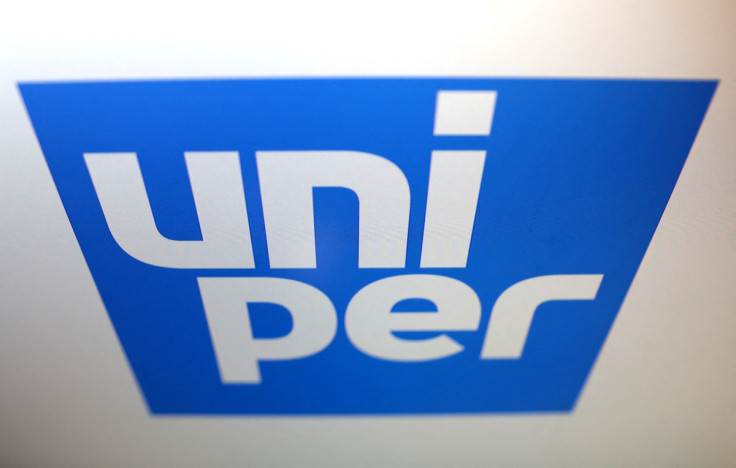Germany's Uniper Sees Bailout Cost Rising To $53 Billion

Uniper, the largest corporate casualty of Europe's energy crisis so far, said Berlin would need to pump as much as 25 billion euros ($25.8 billion) of additional equity into the struggling gas importer to cover losses incurred after Russia cut supplies.
The amended bailout deal reflects the cancellation of a gas levy designed to help German gas importers bear additional costs, and raises the tally for Uniper's nationalisation to more than 51 billion euros.
Sources said last month that tens of billions in additional funding were necessary to stabilise Uniper after Berlin decided to scrap the levy, which would have allowed gas companies to pass on most of the higher procurement costs to customers.
"It's about nothing less than a substantial portion of Germany's gas bill, which will now be paid out of tax revenues - and not, as originally planned, through a gas surcharge," Uniper Chief Executive Klaus Dieter Maubach said on Wednesday.
"Without this relief, our customers, including many municipal utilities, would inevitably have faced an even higher wave of costs," he added.
Uniper's shares, which are down 84% year-to-date, traded 4.5% lower at 1242 GMT.
Under the most recent agreement, Berlin will subscribe to tranches of authorised capital totalling up to 25 billion euros to cover losses from outstanding Russian gas volumes until 2024, Germany's largest gas importer said.
Investors will vote on the deal - including up to 33 billion euros in state-backed equity, up to 18 billion euros in credit lines from state-lender KfW and 500 million to buy out Uniper parent Fortum - at a meeting on Dec. 19.
Uniper nearly collapsed after Russia's Gazprom, its biggest supplier, halted gas flows earlier this year in what Berlin said was retaliation against sanctions over the war in Ukraine, which Moscow denies.
This not only triggered a 40 billion euro net loss at Uniper, the biggest in German corporate history, but also forced Germany to nationalise the company to avoid what it described as a Lehman Brothers-style effect in the energy sector.
"The support of the German government is indispensable for us, and we are also counting on the support of the EU Commission," Maubach said. "This is the only way we can ensure Uniper's continued existence in the future and thus contribute to our customers' energy security."
Uniper said it was in talks with the EU Commission, which needs to approve the rescue deal under state-aid and merger-control law, adding it expected to get the green light from Brussels before the planned shareholder meeting in December.
($1 = 0.9697 euros)
© Copyright Thomson Reuters 2024. All rights reserved.





















